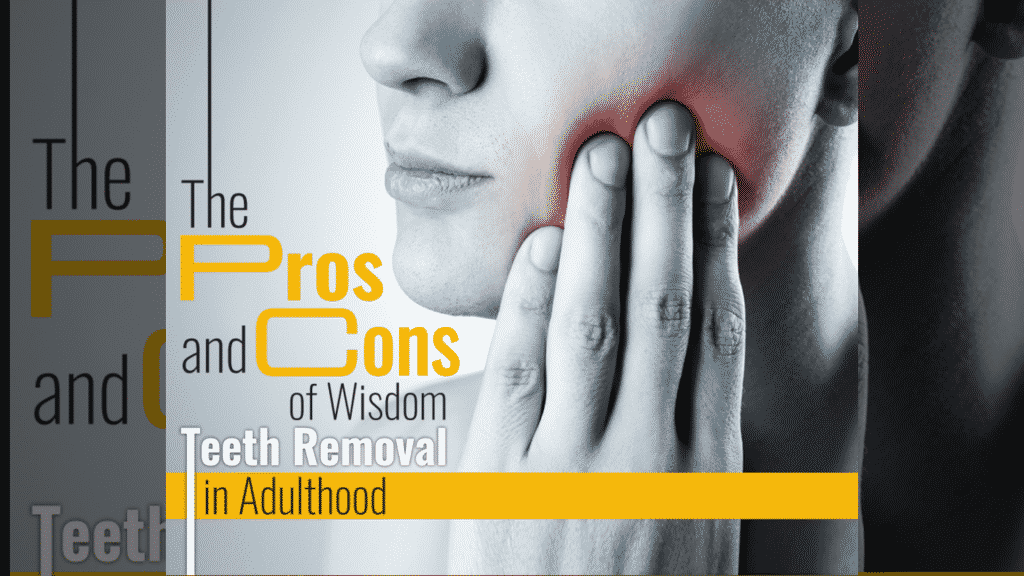What Are Wisdom Teeth?
Wisdom teeth, also known as third molars, sit at the very end of your mouth at both the bottom and top. In terms of functioning, wisdom teeth are a bit different from the rest –
Most people will only have one set of wisdom teeth during their lifetime.
Often these teeth don’t appear until you’re well into your early twenties or late teens. Although, sometimes they can grow much earlier as well.
Why Do We Have Wisdom Teeth?
We needed wisdom teeth before cooking came into the picture. Back in the day, the diet consisted of highly fibrous raw plants and raw meats which were difficult to chew.
Wisdom teeth helped to grind those tough foods. What’s more, our ancestors were prone to losing more teeth by the time they hit adulthood. In the absence of proper oral care, our biology necessitated the need for these extra molars.
But, with the advent of cooking, softer foods were introduced. We no longer needed a powerful jaw to work hard and grind food up.
As a result, our jaws kept shrinking but for some reason, the biology still kept all 32 teeth intact.
Why Do Dentists Suggest Wisdom Teeth Removal?
With modern cosmetic dentistry, it’s possible to remove the teeth. But, why do dentists suggest removing them? Here’s why –
Partially Impacted Teeth Could Cause Infections
At times, wisdom teeth don’t erupt fully. The condition is called a partially impacted tooth. If these molars erupt at wierd angles, they may start cutting their roots into the surrounding teeth. Sometimes, they will erupt and stop halfway. When that happens, they may create spaces and holes to trap debris and food particles. This may increase the odds of oral infections.
They are Difficult to Clean
Wisdom teeth sit at the very end of your jaw making it very difficult to properly clean them.
There May Not be Enough Mouth Space for These Molars
Wisdom teeth often start pushing other teeth closer causing a misalignment in your jawline. Impacted teeth may even cause small tumors and cyst formation within the jawbone.
May Cause Structural Issues and Pain
Impacted wisdom teeth may cause pain as your teeth begin to shift. At times, people experience facial discomfort, painful jaw, and headaches. Sometimes, these third molars can also distort your smile by misaligning the entire teeth setting.
Benefits of Wisdom Teeth Removal in Adulthood
Decreases the Odds of Several Potential Risks
As mentioned, impacted wisdom teeth are more prone to infections and cavities. By removing them, you lower the risk for those potential future problems. In the long run, it feels comfortable and you can also keep possible future gum problems at bay.
Avoids Teeth Crowding
There’s around a 44% chance that the wisdom teeth will sprout at a weird angle. This often leads to teeth crowding.
Potential Side Effects of Having Wisdom Teeth Removed
Unnecessary Extraction
At times, the extraction may be unnecessary. In some people, wisdom teeth erupt normally making extraction unnecessary. But, that’s usually a rarity. To know more, talk to your dentist.
May Give Rise to Certain Complications
Tobacco users over 25 years of age carry higher odds of developing infections and other oral problems. As with any other surgical procedure, you run the risk of developing certain post-operating issues like dry socket and bleeding.
Bottom Line
Talking to your dentist can help to shed more light on whether or not you should get your third molars removed. If you are facing excessing problems due to the impacted wisdom teeth eruption, it’s always better to have them extracted.
